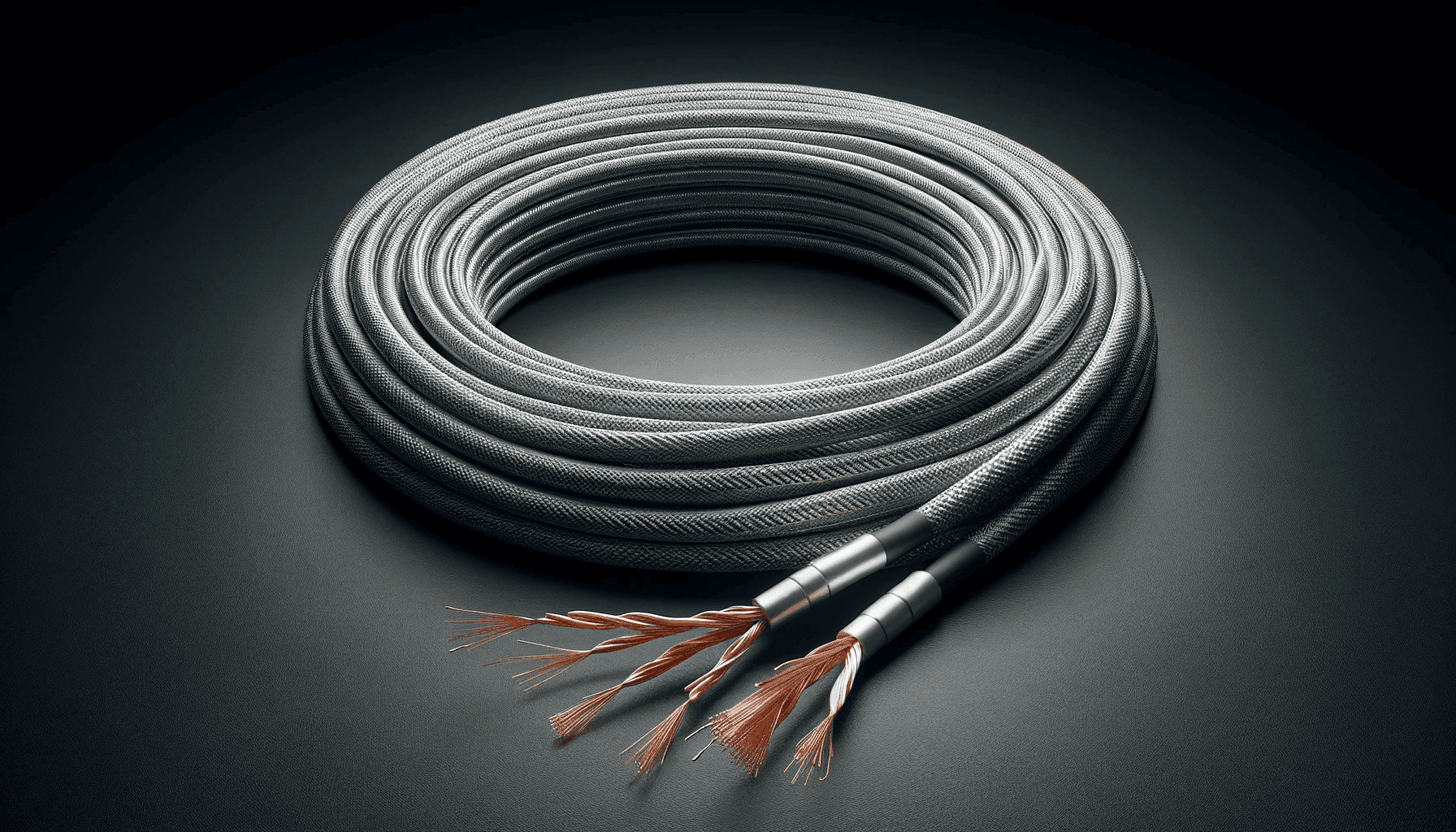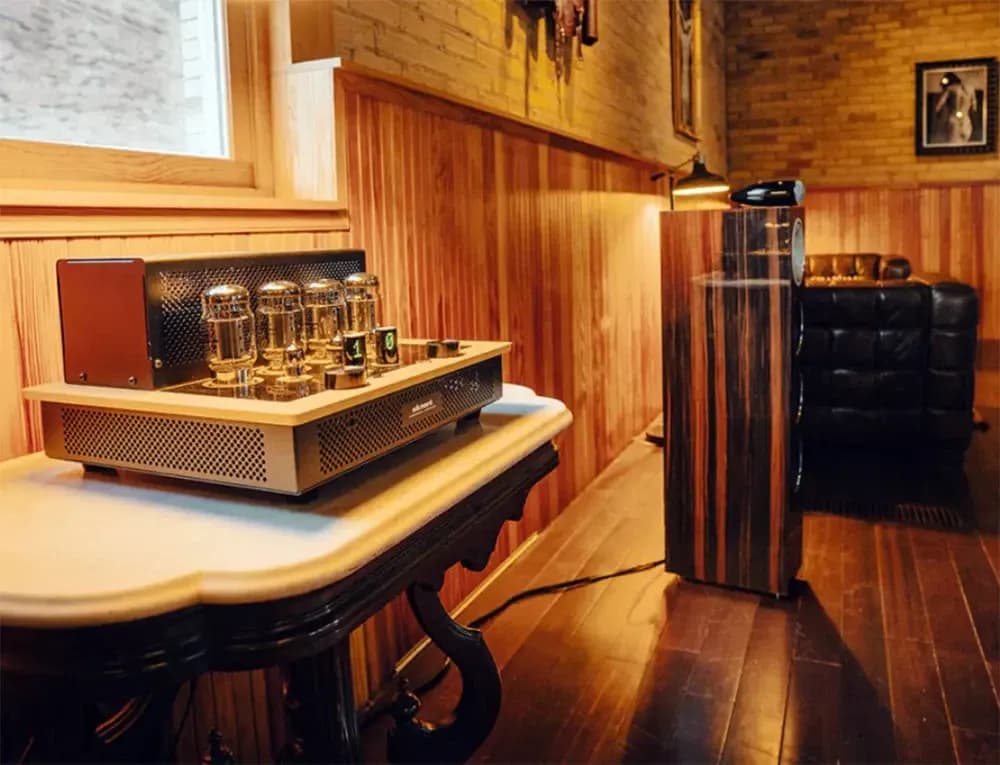RCA vs Speaker Cables: The Best Choice for Long Runs in Home Audio
By HiFi Editorial24 February 2026

Key Highlights
Speaker wire signals are less prone to interference compared to RCA cables, especially in environments with electromagnetic noise.
Opt for thick, oxygen-free copper speaker cables for long runs to minimize signal loss and maintain audio quality.
Balanced XLR cables reduce interference but require compatible devices, which are often not found in consumer setups.
When it comes to setting up audio equipment in your home, the type of cables you use can be just as critical as the hardware itself. One common question for DIY enthusiasts is whether it’s better to run a long RCA cable from the source to an amp located next to the speakers or use a long speaker cable from the amp to the speakers.
Signal Susceptibility and Interference
There's a general consensus that speaker wire signals are less susceptible to interference compared to RCA cables. This can be especially significant if you are running the cables behind walls where they might be exposed to electromagnetic noise from other electrical lines.



